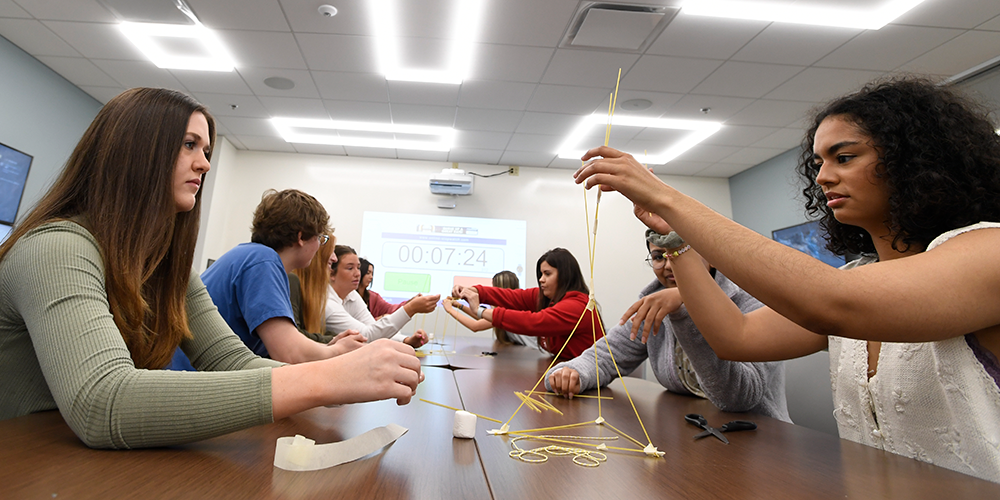With an American healthcare system that is complex and changing, effective administration of people and resources are needed to maintain safe, high quality care. The knowledge and skills you’ll gain with the minor in health administration will allow you to advance in your career, whether you are a clinician or a non-clinician. You’ll have the flexibility to work in a variety of settings including hospitals, nursing homes, group medical practices, physician offices, home health and outpatient centers.
An undergraduate student should initiate a Change of Academic Program if they wish to add or remove a minor.
The student obtains a Change of Academic Program form from the Registrar's Office or the department of the new major/minor, secures the signature of the department chair/director (or dean) of any major/minor to be added, and returns the form to the Registrar's Office for processing.
A student must submit the completed form by the Thursday before priority registration if the change is to be made within the current semester. Unless granted a waiver by the department of the new major, the student must meet all current program requirements for graduation.
The job outlook for someone with a minor in health administration is generally positive, especially when combined with a major in a related field such as health services, gerontology or public health. The U.S. Bureau of Labor Statistics projects employment of medical and health services managers to grow 32% from 2020 to 2030, much faster than the average for all occupations. This growth is driven by the need for managers to improve the quality and efficiency of healthcare services.
*income information provided by O*NET Online. Occupation opportunities vary by region and experience.
The University of Southern Indiana is committed to making college accessible to those wishing to further their education by providing numerous scholarships, grants, and financial aid options to assist students in managing tuition expenses.


